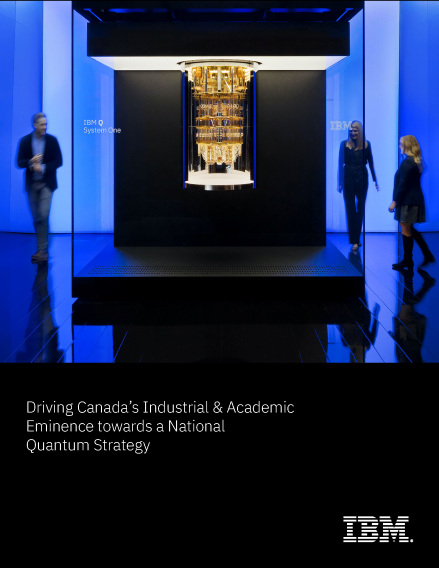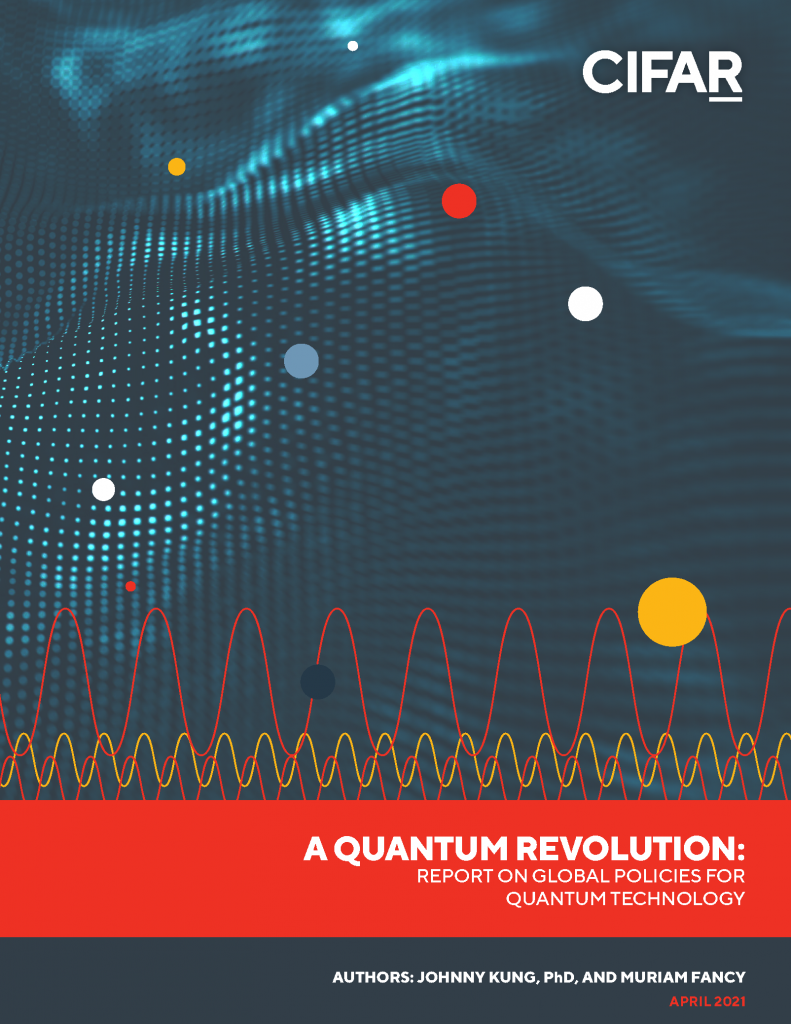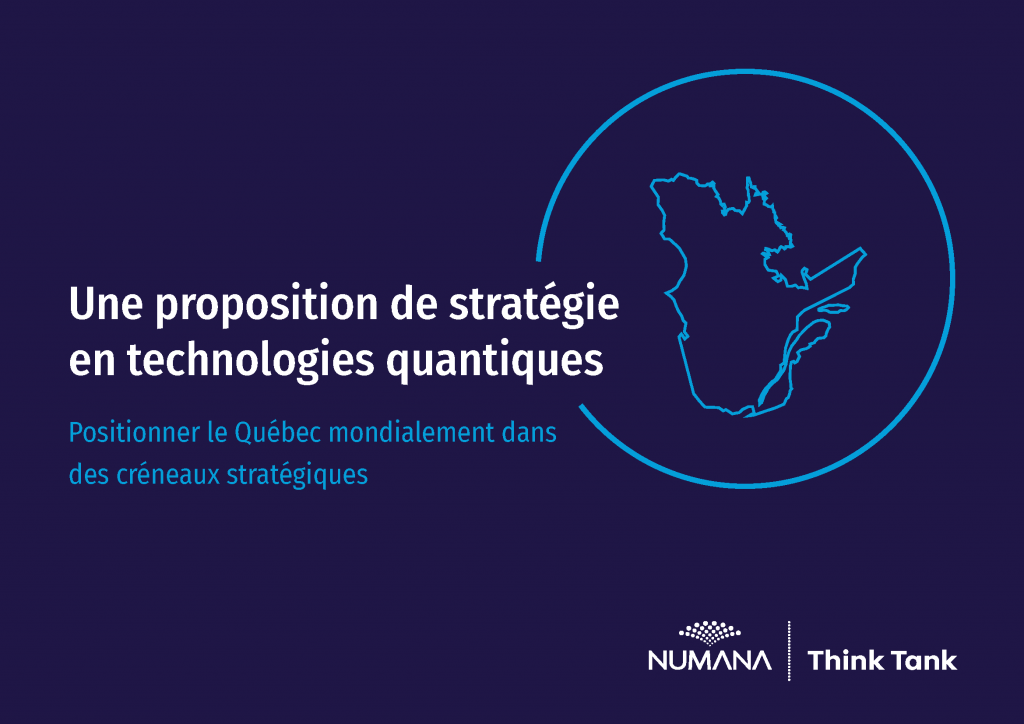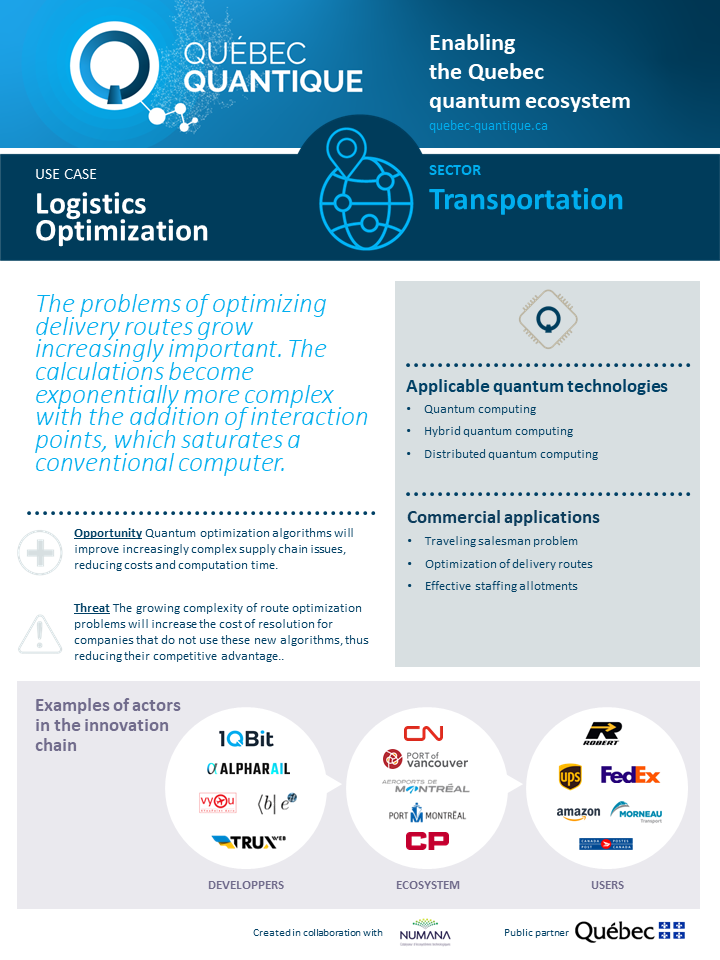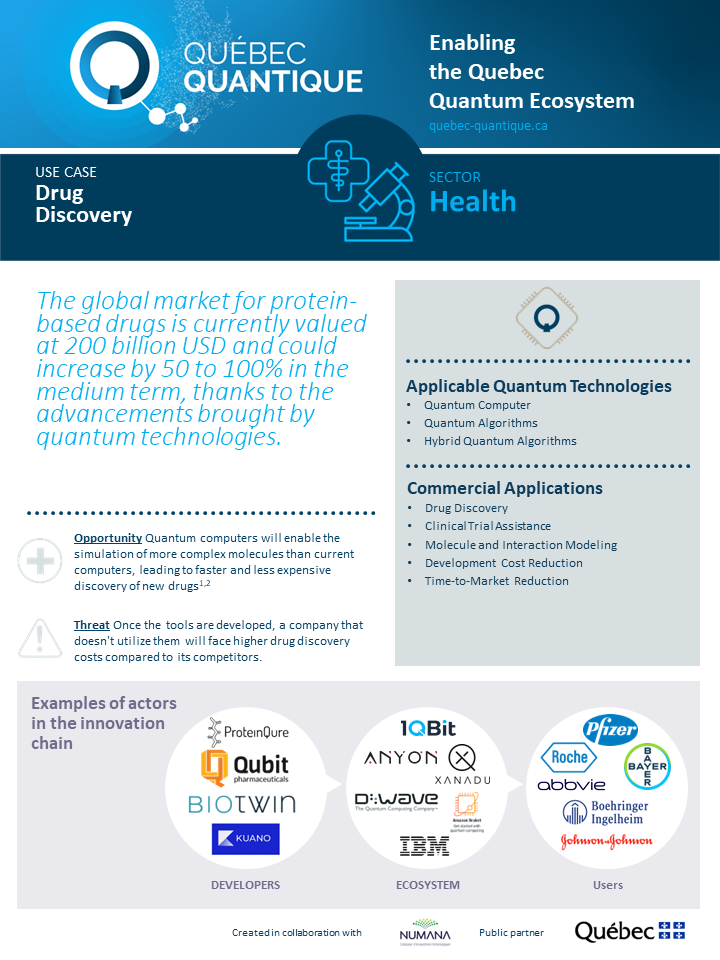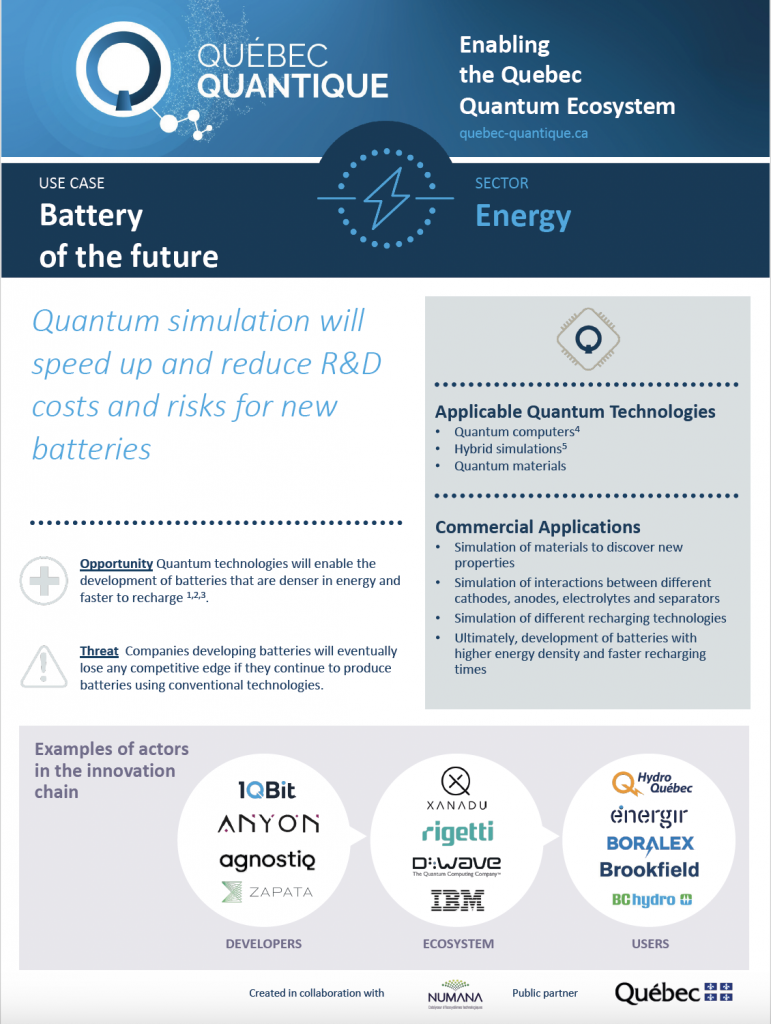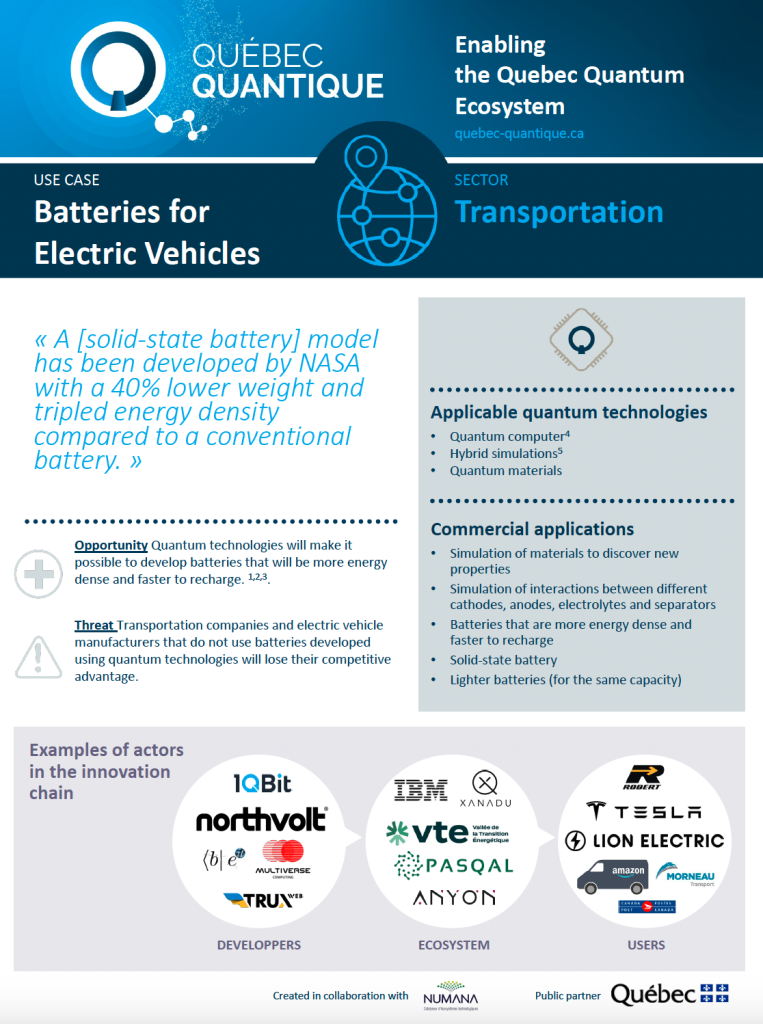What is Quantum?
Just as quantum physics revolutionized our understanding of matter in the 20th century, it now has the potential to revolutionize the processing, transmission, and even nature of information.
Why care about quantum technologies?
In the last few years, investments in quantum science research have increased and many countries are banking on the promises offered by the development of quantum technologies. Several countries, including Canada, have a national strategy to this effect.
Quantum science is at the tipping point, the pivotal point at which the building blocks of quantum-enabled technologies have been demonstrated in the laboratory and are emerging into the real world of commercial applications.
From secure communications to enhanced medical and environmental sensors, there is increasing evidence of the transformative impact that cutting-edge quantum science will have on a range of different technology areas and industrial sectors.
However, the development of these technologies present many technical obstacles to solve and can still seem as a remote opportunity at the moment. Taking an interest in it and working collectively on it now by building on the achievements of the last few years in this field will allow us to ensure Quebec’s competitiveness and to remain at the forefront of innovation.
Our ecosystem is made up of collaborative players and is well organized with Québec Quantique as a rallying point in order to optimize the sector’s activities, the cooperation between players in the field and their international influence.
Quantum science is at the tipping point, the pivotal point at which the building blocks of quantum-enabled technologies have been demonstrated in the laboratory and are emerging into the real world of commercial applications.
From secure communications to enhanced medical and environmental sensors, there is increasing evidence of the transformative impact that cutting-edge quantum science will have on a range of different technology areas and industrial sectors.
However, the development of these technologies present many technical obstacles to solve and can still seem as a remote opportunity at the moment. Taking an interest in it and working collectively on it now by building on the achievements of the last few years in this field will allow us to ensure Quebec’s competitiveness and to remain at the forefront of innovation.
Our ecosystem is made up of collaborative players and is well organized with Québec Quantique as a rallying point in order to optimize the sector’s activities, the cooperation between players in the field and their international influence.
What is Quantum?
Quantum technologies represent a new generation of optical and electronic devices that use quantum effects to significantly enhance performance over existing classical technologies. This new wave of technology can be referred to as Quantum 2.0.
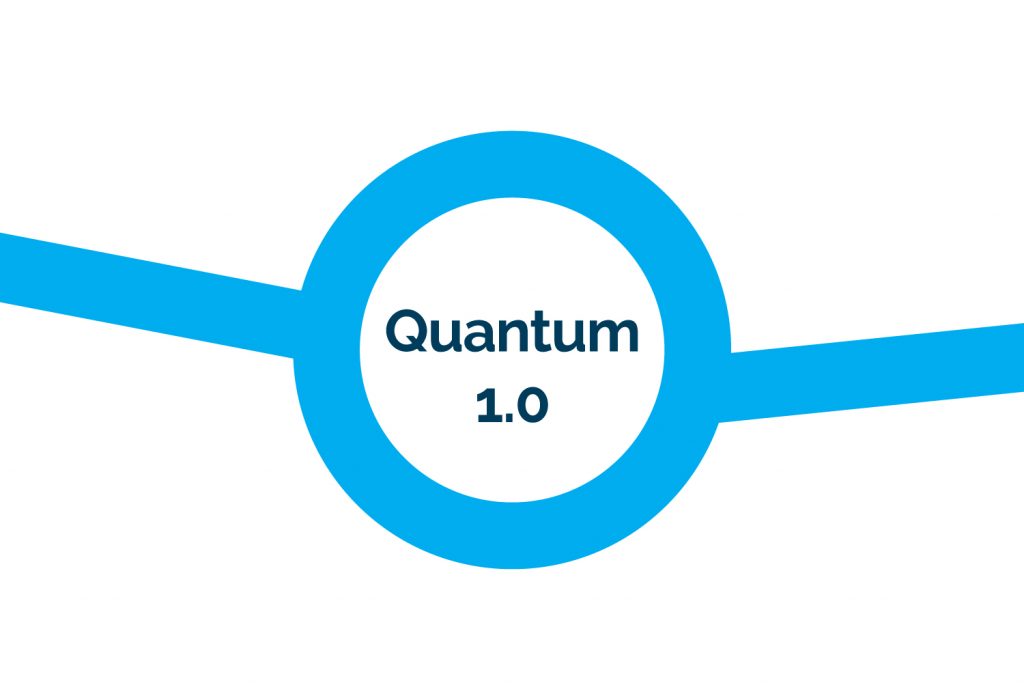
The first quantum revolution gave us new rules that govern reality. The two most salient examples of technologies that are fundamentally reliant on the effects of quantum mechanics are the transistor and the laser, which form the foundation of our modern digital age and are key enablers of a range of technologies.
The second quantum revolution allowed for the precise control and manipulation of these quantum properties of light and matter which are entering the engineering stage of applications. Quantum 2.0 is defined as a class of devices that actively create, manipulate and read out quantum states of matter, often using the quantum effects of superposition and entanglement.
The second quantum revolution allowed for the precise control and manipulation of these quantum properties of light and matter which are entering the engineering stage of applications. Quantum 2.0 is defined as a class of devices that actively create, manipulate and read out quantum states of matter, often using the quantum effects of superposition and entanglement.
The first quantum revolution gave us new rules that govern reality. The two most salient examples of technologies that are fundamentally reliant on the effects of quantum mechanics are the transistor and the laser, which form the foundation of our modern digital age and are key enablers of a range of technologies.
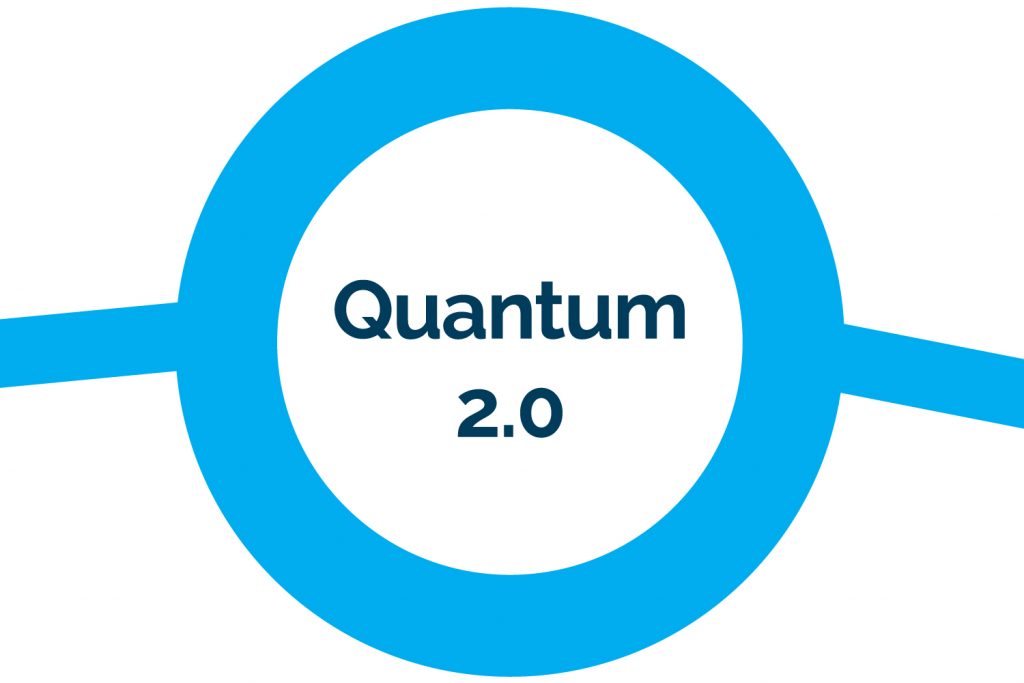
The second quantum revolution allowed for the precise control and manipulation of these quantum properties of light and matter which are entering the engineering stage of applications. Quantum 2.0 is defined as a class of devices that actively create, manipulate and read out quantum states of matter, often using the quantum effects of superposition and entanglement.
